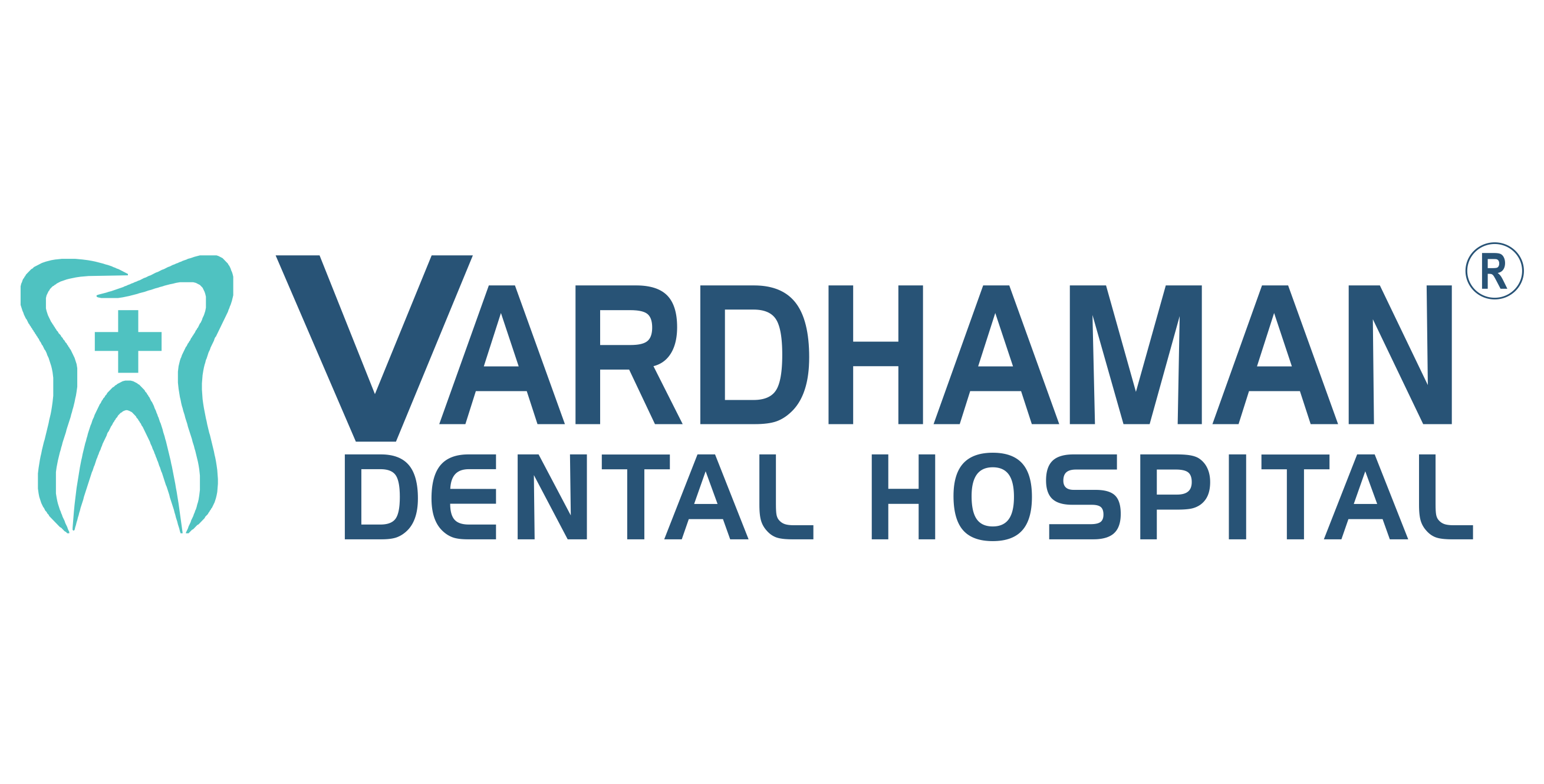Gum Therapy
Gum therapy, also known as periodontal therapy or periodontal treatment, refers to the procedures and techniques used to treat gum diseases, particularly periodontitis. Gum therapy aims to prevent the progression of gum disease, eliminate infection, and restore gum health.
Periodontitis is a severe form of gum disease that affects the supporting structures of the teeth, including the gums, periodontal ligaments, and alveolar bone. It is primarily caused by the accumulation of plaque, a sticky film of bacteria that forms on the teeth. If not properly removed through regular brushing and flossing, plaque can harden and turn into tartar (calculus), which harbors more bacteria and leads to inflammation of the gums.

What Is Gum Therapy?
Facts about gum therapy and gum disease:
- Gum Disease Prevalence: Gum disease is a widespread condition that affects a significant portion of the global population. According to the Centers for Disease Control and Prevention (CDC), nearly half of adults aged 30 and older in the United States have some form of periodontal disease.
- Link to Systemic Health: Gum disease has been linked to several systemic health conditions. Research suggests that untreated gum disease may increase the risk of cardiovascular disease, diabetes, respiratory infections, and complications during pregnancy.
- Silent Disease: In its early stages, gum disease may not cause noticeable symptoms, which is why it’s often referred to as a “silent disease.” Regular dental check-ups are crucial for detecting and treating gum disease in its early stages before it progresses.
- Risk Factors: Certain factors increase the risk of developing gum disease. These include poor oral hygiene, smoking, genetics, hormonal changes (such as during pregnancy or menopause), diabetes, certain medications, and a weakened immune system.
- Gum Disease Progression: Gum disease typically begins with gingivitis, which is inflammation of the gums. If left untreated, gingivitis can progress to periodontitis, which involves damage to the deeper structures supporting the teeth, such as the periodontal ligaments and alveolar bone.
- Tooth Loss: Untreated gum disease can ultimately lead to tooth loss. The infection and inflammation weaken the structures that hold the teeth in place, leading to tooth mobility and, in severe cases, tooth loss.
- Professional Treatment: While oral hygiene plays a vital role in gum disease prevention, professional dental treatment is necessary for effectively treating advanced gum disease. Gum therapy, including scaling, root planing, and surgical interventions when needed, can help restore gum health.

Gum therapy is just the beginning of the journey towards optimal gum health. Maintaining good oral hygiene practices, attending regular dental check-ups, and adopting a preventive mindset will help keep your gums healthy and prevent the recurrence of gum disease.
More Abouts Gum Therapy
It’s important to note that the decision to choose gum therapy should be made in consultation with your dentist or periodontist. They will assess your oral health condition, consider your specific needs and preferences, and recommend the most appropriate treatment options for you

Gum therapy, when combined with good oral hygiene practices and regular dental care, can provide long-term benefits. It helps maintain healthy gums, prevents gum disease recurrence, and reduces the need for more invasive and costly dental procedures in the future.
DentiCare Services
Get In Touch With Us
Book An Appointment
Book a visit to DentiCare, simply fill out the form below and we will contact you back regarding the intervention you require.


